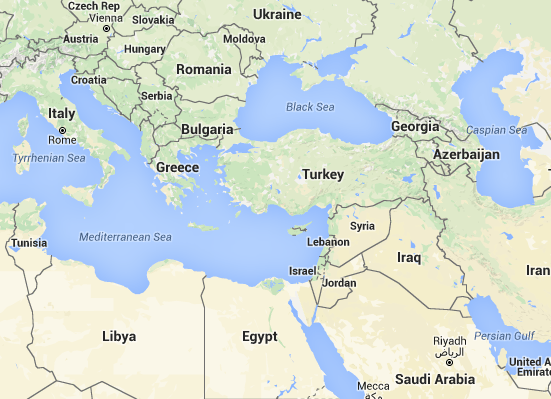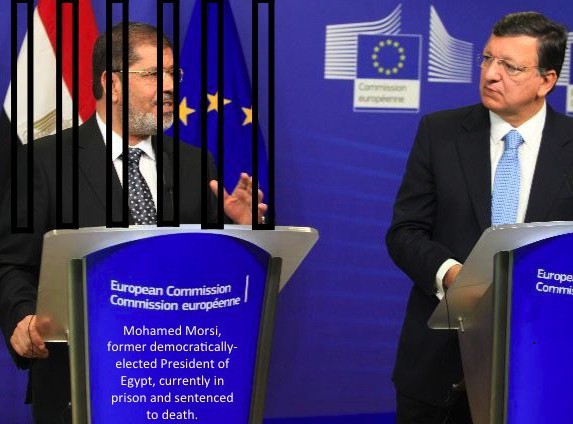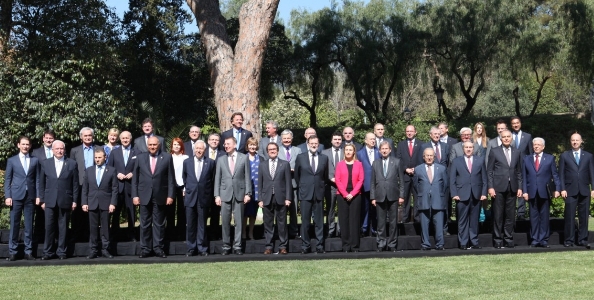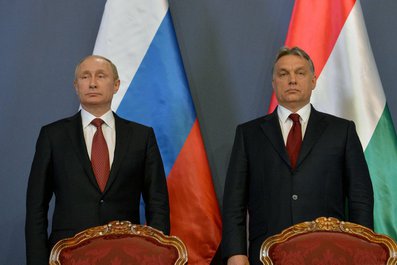What role for the UN in post-conflict Gaza?
With the Israel-Hamas conflict still possibly having months to run and with even the outlines of an end state still far from clear, trying to chart a course for the UN at this juncture is challenging. It is nevertheless possible to identify certain lines of action and rule out others. No role for peacekeepers Let’s…






